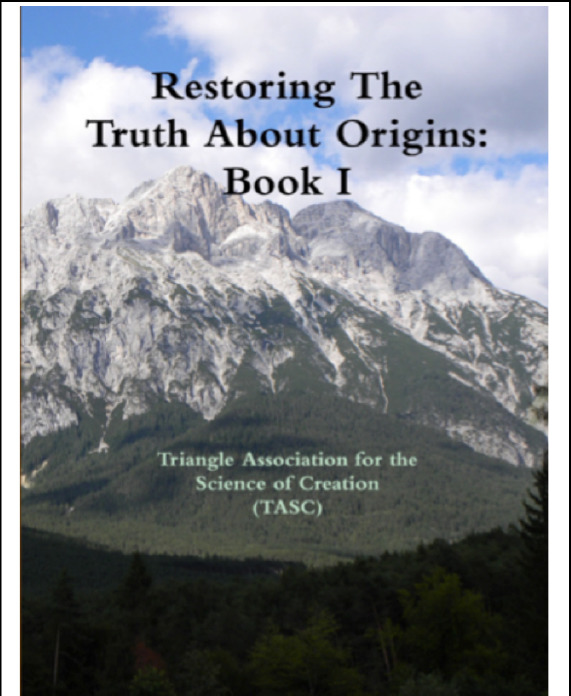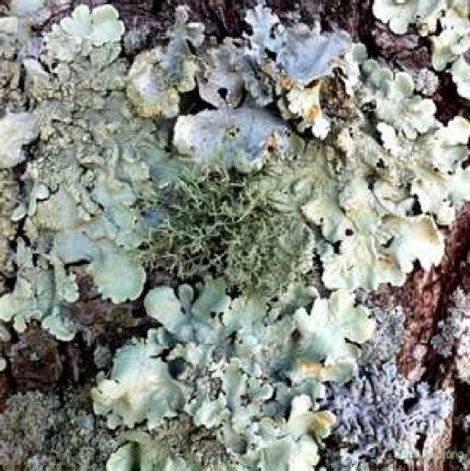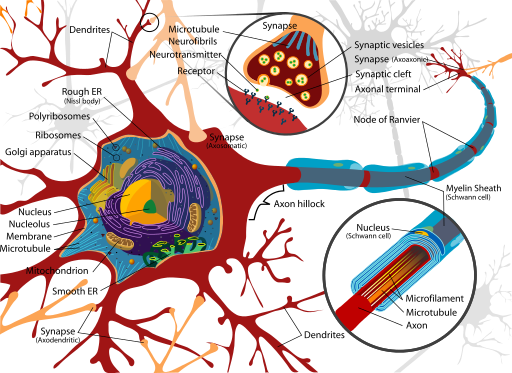Book Review: Miracle of the Cell by Michael Denton
Miracle of the Cell (Discovery Institute Press, 2020) 1 is the most recent in a series of books on evolution and intelligent design by Michael Denton.2 ,3 ,4 Denton is best known for his books Evolution: A Theory in Crisis and Nature’s Destiny. Denton holds a PhD in biochemistry and is also a medical doctor. He grew up in England but has also lived and worked in Canada, New Zealand, and Australia. He is a Senior Fellow at the Discovery Institute’s Center for Science and Culture. Many of the leading proponents of the intelligent design movement, including Michael Behe and Philip Johnson, have said Denton inspired their work.
The Kingdom Fungi
I will begin this article by asking several questions, then present examples of this marvelous Kingdom, and then finish with my conclusions relative to these questions.
Is Anthropogenic Climate Change Destroying the World?
Nowadays it is hard to escape the constant media bombardment of dire predictions for life on earth if human beings don't radically curtail the use of fossil fuels. 1
God’s Very Good Design in Animals
Matthew 13:3-8 says:
A farmer went out to sow his seed. As he was scattering the seed, some fell along the path, and the birds came and ate it up. Some fell on rocky places, where it did not have much soil. It sprang up quickly, because the soil was shallow. But when the sun came up, the plants were scorched, and they withered because they had no root. Other seed fell among thorns, which grew up and choked the plants. Still other seed fell on good soil, where it produced a crop—a hundred, sixty or thirty times what was sown.
Restoring the Truth About Origins: Book I—Introduction, Availability and Overview

Figure 1 - Front cover of the book
We are excited to announce that TASC‘s Restoring the Truth About Origins: Book I is now available! We pray and hope you will purchase copies for yourself, family, and associates as gifts to enjoy and be even better edified on this important topic of origins. What we think about our origins has had a profound influence on the thinking and actions in our society in the past and will today and in the future. So we encourage you to get copies today (see ordering information under Availability and Purchasing heading below)!
A Few Modern Creationists
I was recently asked to speak on creation in my Sunday school class. TASC had been helping organize the recent Origins Truth conference at the time, so I decided it might be encouraging to share something about the lives and work of two of the invited speakers for the conference: John Sanford and Russ Humphreys. I then added three more scientists: Matti Leisola, James Tour, and our very own Gerald Van Dyke to the talk. Each of these scientists has a unique story and has given glory to God through their life and research. Here, I share the essence of that presentation.
The Origin of Information in Biology
The greatest challenge for evolutionary biology is to account for the information found in codes in DNA, RNA, proteins, and more recently in the epigenome. 1
Review of Stephen Meyer's New Book Darwin's Doubt
Darwin's Doubt: the Explosive Origin of Animal Life and the Case for Intelligent Design is Stephen Meyer's sequel to his previous book Signature in the Cell. 1
Designed Interactions between Fungi, Plants, and Animals
Symbiosis (from Ancient Greek sýn “with” and bíōsis “living”) is close and often long-term interactions between different biological species. In 1877 Bennett used the word symbiosis (which previously had been used of people living together in community) to describe the mutualistic relationship between an alga and fungus in lichens. In 1879 the German mycologist Heinrich Anton de Bary defined it as “the living together of unlike organisms.”

Figure 1 - Lichens are an example of a commensal symbiotic relationship.
